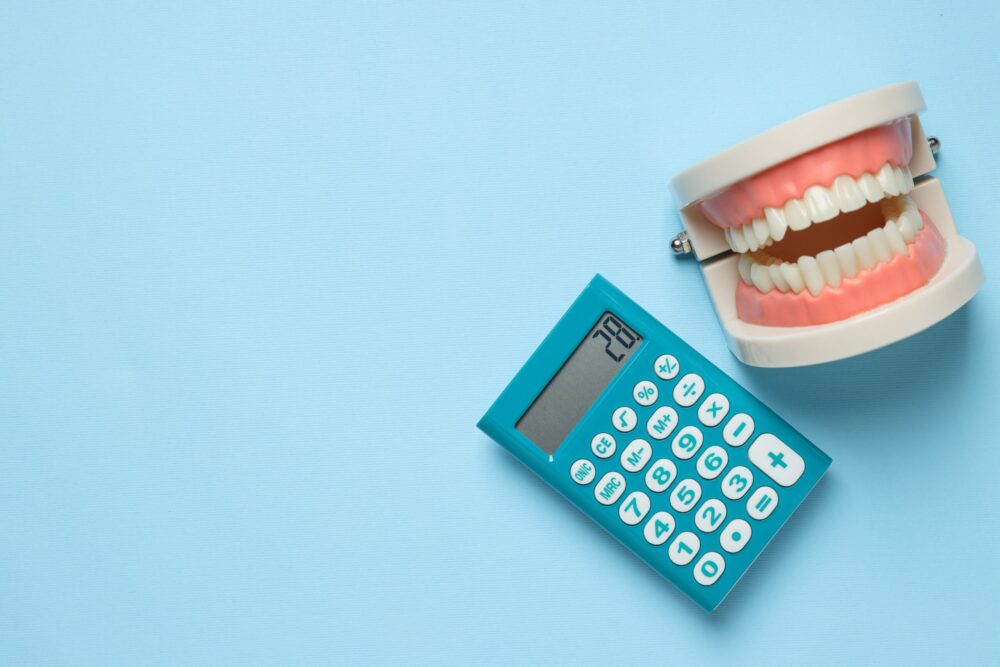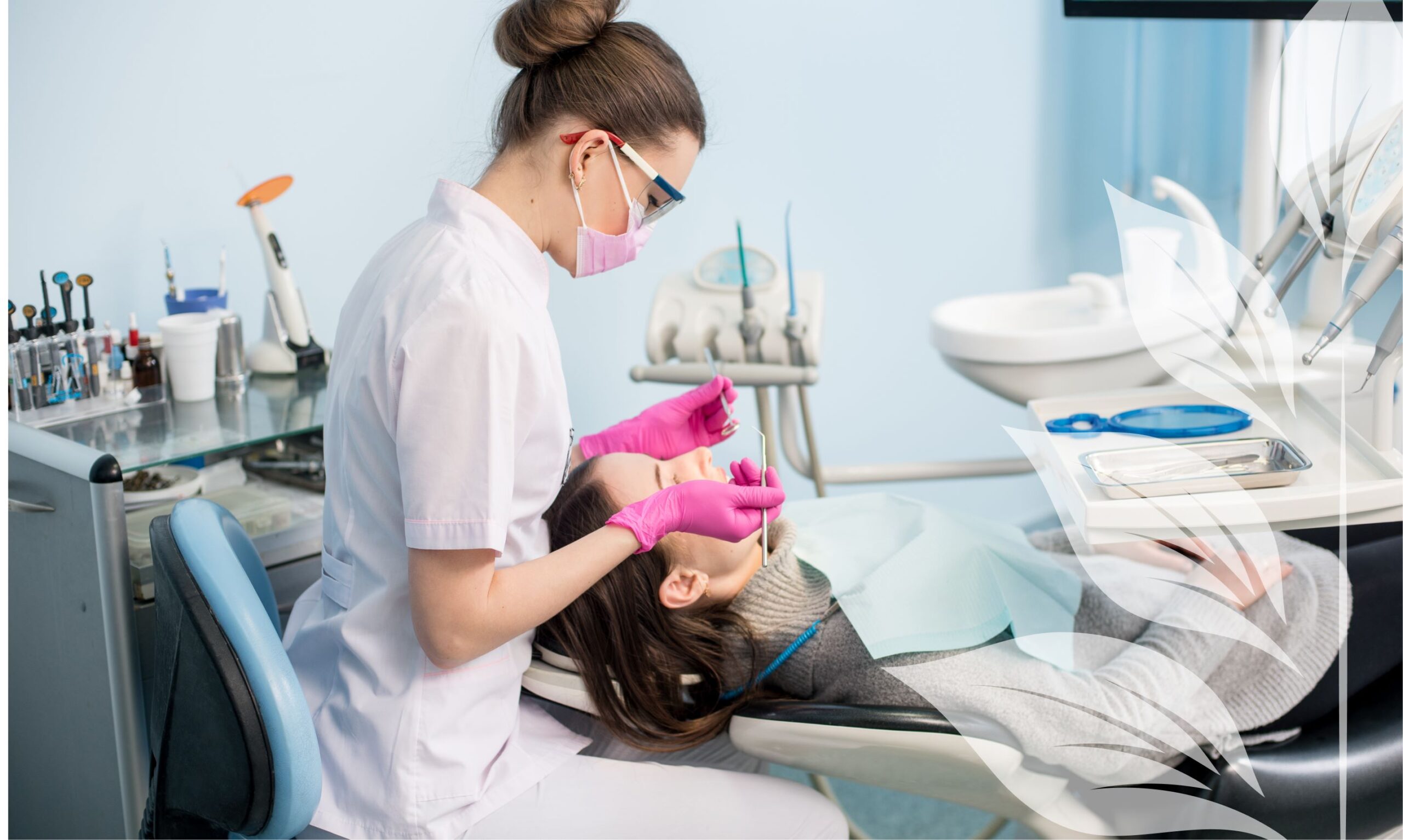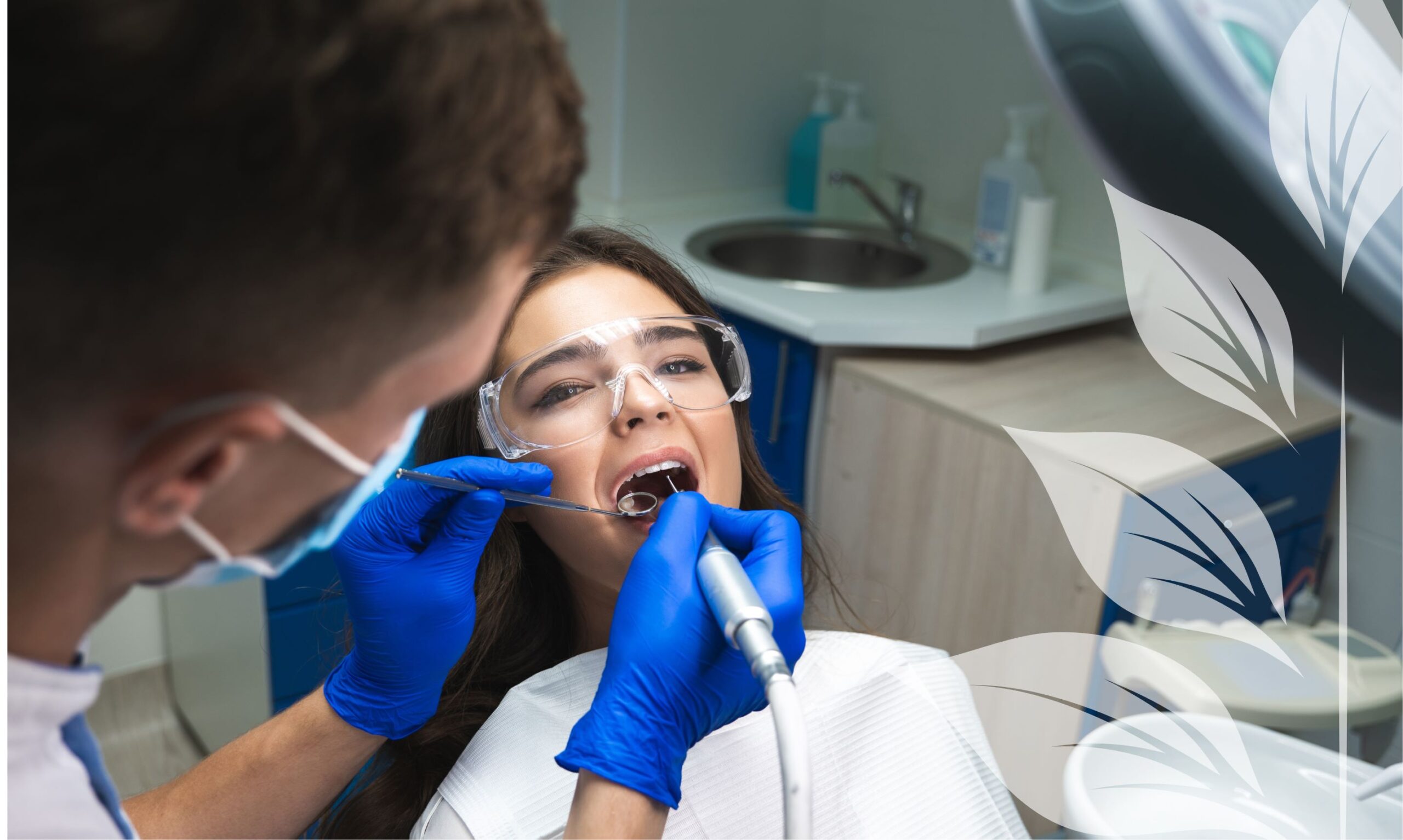We’ve got answers to your top 10 dental veneer FAQs!
If you have questions about dental veneers or the dental veneer process, you aren’t alone. Many people have heard of veneers and know they are a cosmetic dental care solution but don’t know much more. And if you think you require a smile makeover, you should know if dental veneers are an option. Therefore, our Allred Dental team has compiled a list of the top 10 questions patients frequently ask us about dental veneers. We hope these answers will help you feel more informed to determine the right artistic dentistry solution for you.
1. What are veneers?
Cosmetic dentists recommend porcelain veneers to address a wide range of cosmetic complaints. These wafer-thin shells of tooth-colored dental porcelain are bonded to your teeth by your dentist. To create the strongest bond and most natural-looking bond appearance between your veneers and natural teeth, a small layer of your natural tooth structure has to be permanently removed. However, since veneers are custom-made to match the shade and shape of your natural teeth, they will blend in perfectly and seamlessly.
2. Do veneers look and feel like natural teeth?
When bonded correctly by your dentist, your new veneers will feel completely natural in your mouth. After a couple of weeks, most patients don’t even notice their veneers when talking, eating, or doing anything with their teeth. Porcelain veneers don’t require any special care beyond your daily oral hygiene routine and will look and feel just like your regular teeth.
3. Are veneers a reversible procedure?
Though we can remove dental veneers, they are not reversible. When your teeth are prepped for the dental veneer procedure, the top layer of enamel is removed so the caps will fit over them perfectly. Unfortunately, once your tooth enamel is removed, it cannot be restored. Thus, porcelain veneers are a permanent solution and, when removed, must be replaced with new veneers.
4. Do veneers get stained?
Your natural teeth will stain more easily than veneers, but this does not mean veneers can not become discolored over time. For example, surface stains can occur after lengthened exposure to tobacco products or beverages such as red wine and coffee. Discoloration can also occur over time with your age. Further, if you injure a tooth and the dentin underneath is damaged, your dental veneer on top of it may appear discolored.
5. How strong are veneers?
With the wrong kind of pressure, your dental veneers can indeed break. However, veneers are designed to be quite durable, so breaks are not a common occurrence. Although they’re thin, veneers are very strong. They are resistant to chips and cracks, but you must respect your veneers and avoid using them as tools. For example, using your teeth to open packages or bottles can compromise the integrity of the veneers and cause permanent damage.
6. How long do dental veneers last?
Typically, dental veneers will last for five to ten years before they need to be replaced. When determining what kind of dental veneer is right for you, you should weigh various factors, including the short- and long-term cost, the expected lifespan of the veneers, and the appearance you’re hoping to achieve. At Allred Family Dentistry we recommend porcelain veneers to correct stained, discolored, chipped, gapped, or misaligned teeth.
7. Can veneers get cavities?
This question can get a bit tricky, as sometimes patients don’t understand that though the veneers themselves can’t get cavities, the natural teeth behind them can. And though veneers can magically transform our smiles, they aren’t a magical solution that prevents cavities or gum infections. So to maintain your overall oral health, it’s recommended that you continue with your at-home daily oral hygiene regimen and your regular dental checkups.
8. Will veneers affect my eating habits?
One of the most significant benefits of veneers is that you can eat and drink what you like for the most part. But it would be best if you kept in mind that dark liquids can stain teeth. So, drinking beverages such as dark coffee, tea, and red wine should be avoided if possible. Excessive alcohol consumption may also soften the bonding agent and weaken the bond of the porcelain over time.
Avoid alcohol-based mouthwashes, and when possible, stick to a solution of water and hydrogen peroxide. Remember that while your porcelain veneers are strong, they are not quite as strong as your natural teeth. So, avoid using your front teeth to bite into hard foods like raw carrots, and be careful when eating meat down to the bone. Instead, it is best to use your back teeth to chew these harder foods.
9. Will I need to learn how to talk again with dental veneers in my mouth?
Most of our patients find that their speech feels completely normal after about two weeks. However, sometimes patients have a lisp or struggle to make certain sounds shortly after getting their veneers. With the right amount of practice, though, you should be able to speak normally with your veneers.
10. How do you care for porcelain dental veneers?
Patients must know what to expect after getting veneers. We tell our patients that caring for your veneers is just like caring for your natural teeth. It would be best if you kept up with your daily oral hygiene routine, including twice-daily brushing and once-daily flossing. However, as mentioned above, it is best to rinse with a mix of water and hydrogen peroxide instead of an alcohol-based mouthwash. Be sure to thoroughly but gently brush the area where your veneers come into contact with your gumline. And as always, we recommend that you pay a visit to the Allred team every six months for an oral examination and thorough dental cleaning.
Schedule a consultation with Allred Family Dentistry to find out if dental veneers are the option for you.
If dental veneers sound like they are for you, don’t hesitate to request an appointment with the best cosmetic dentist in Griffin, GA. There are many occasions in life when you may want brighter teeth and a more confident smile, and dental veneers are the perfect way to correct stained, discolored, chipped, gapped, or misaligned teeth.
We can’t wait to see you and help determine if dental veneers are the right solution for you.





